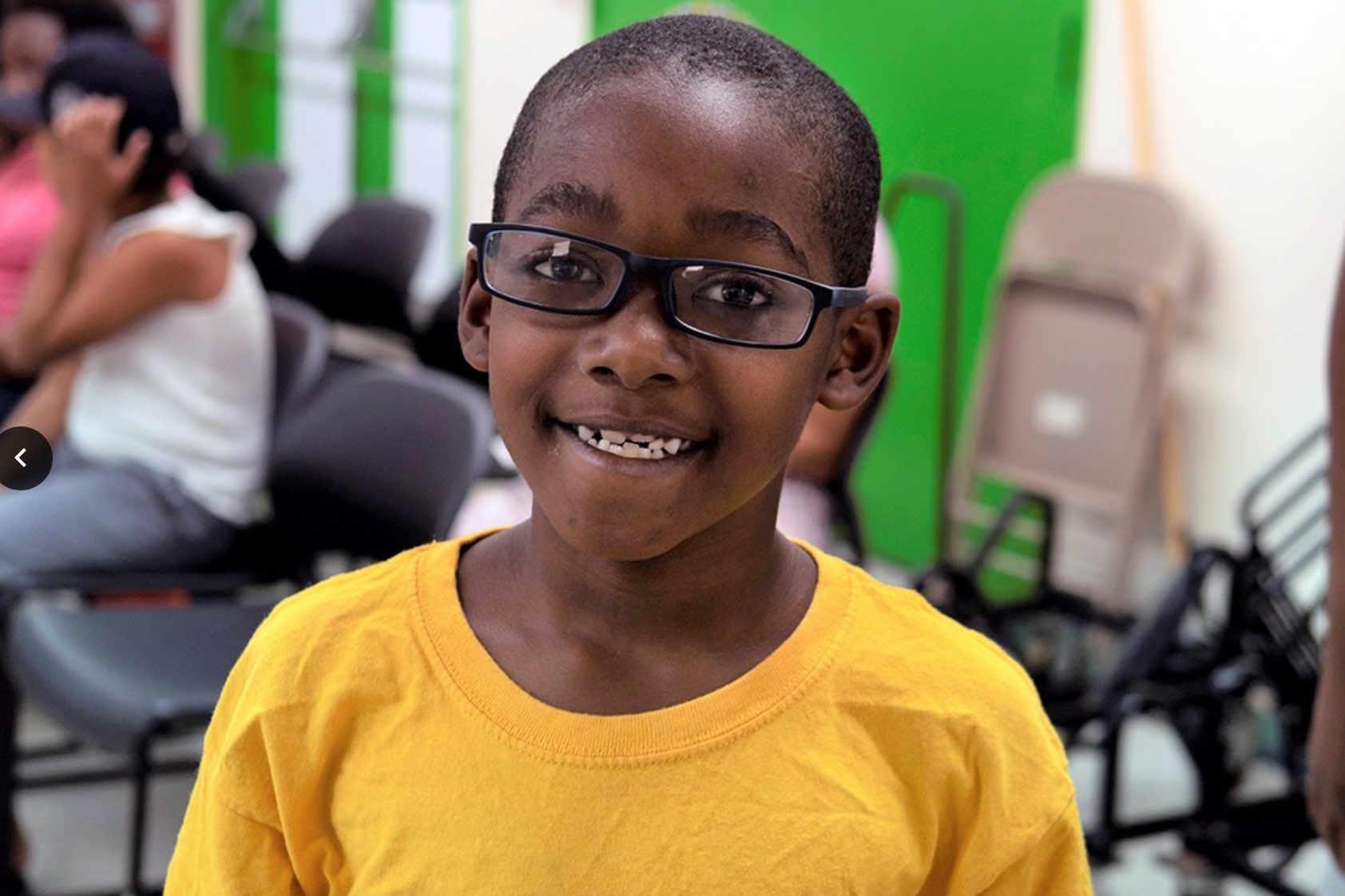“Helen Keller International is a global health organization dedicated to eliminating preventable vision loss, malnutrition, and diseases of poverty.”
When asked who is one of my heroes in life, my answer is always Helen Keller. To me, she personifies tenacity, compassion, wisdom and intelligence.
On a sunny morning, I met with the president of Helen Keller International, Kathy Spahn, and we hit it off…I was blown away by the amount of good works this organization does, and I am proud and grateful to be able to profile them here.
Let’s meet Kathy:
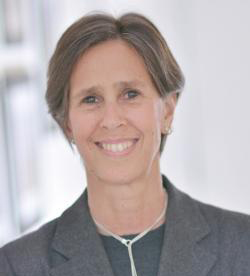
Kathy Spahn, President of Helen Keller International, works to ensure that the organization remains a thriving, impactful global health organization now and in the future.
Kathy, how did you personally become involved with Helen Keller International?
Prior to joining Helen Keller, I was President and Executive Director of Orbis, a global non-profit organization dedicated to the prevention and treatment of blindness in the developing world. From this work, I became very familiar with Helen Keller International’s rigorous, evidence-based programs and its impressive legacy.
Before this, I worked in the area of nutrition and HIV and AIDS, so I had a broad understanding of the link between nutrition and health. With these two experiences behind me, I welcomed the opportunity to be part of a game-changing global health organization founded by Helen Keller, who triggered a watershed change for underrepresented groups of people and literally redefined our understanding of human potential.
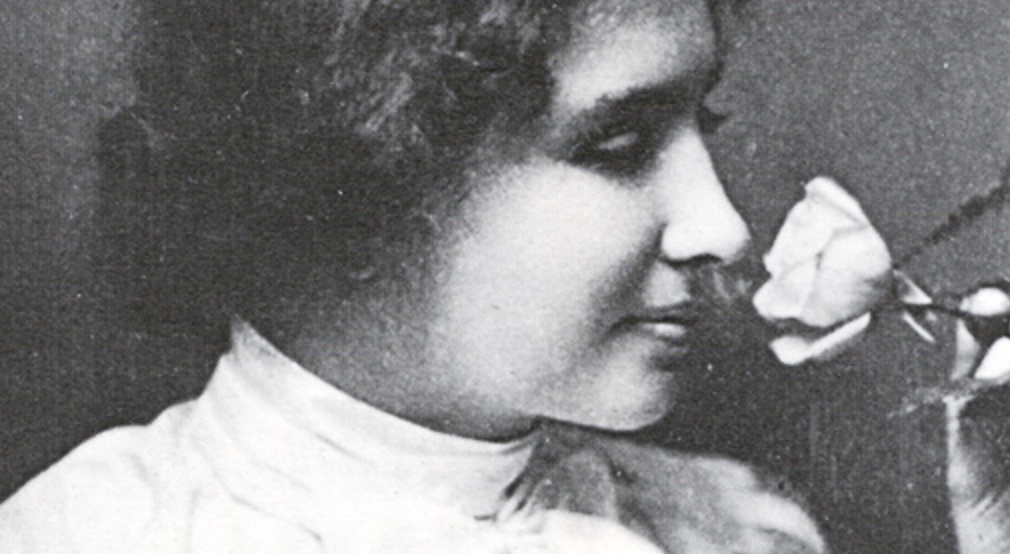
Helen Keller Fast Facts
Helen Keller, at the young age of 2, lost her sight and hearing from an illness. With the help of a devoted tutor, Anne Sullivan, Helen learns to communicate through reading and writing braille, sign language, touch-lip reading and speaking.
Who are the founders of Helen Keller International?
Helen Keller International was co-founded in 1915 by two extraordinary individuals, Helen Keller and George Kessler, to assist soldiers blinded during their service in World War I. Kessler was a wealthy New York merchant who survived the sinking of the Lusitania in 1915 and vowed, as his lifeboat repeatedly capsized, to help those less fortunate in the world if he survived. While recovering in London, he resolved to devote his remaining years to helping soldiers blinded in combat. In November 1915, George and his wife, Cora Parsons Kessler, founded the organization and asked Helen Keller, then 35 years old, for her support. She enthusiastically agreed.
“Optimism is the faith that leads to achievement. Nothing can be done without hope and confidence.”
-Helen Keller
What does Helen Keller International do?
Helen Keller, our co-founder, envisioned a world without barriers to human potential. Guided by her fierce optimism, we have been working on the front lines of health and well-being for more than 100 years. We deliver life-changing health care to vulnerable families in places where the need is great, but access is limited. Our proven, science-based programs empower people to create opportunities in their own lives.
“Introducing 11 year-old Gabriela, the 2,000,000th child that has been screened for eyeglasses by HKI’s ChildSight® program.”
Tell us about some of the programs offered?
Our programs prioritize preventing and treating vision loss and blindness—as well as addressing major global health problems such as malnutrition and neglected diseases that threaten sight, productivity, and well-being.
In the U.S., Africa, and Asia, Helen Keller International’s proven, science-based programs empower people to create opportunities in their own lives and build lasting change. We build the capacity of local government, non-profit and private sector systems and infrastructure, and promote the development of sustained, large scale programs that deliver effective solutions to preventable blindness and malnutrition.
As we look ahead to new opportunities, one thing remains constant: Helen’s fierce optimism and belief in human potential are at the heart of everything we do.
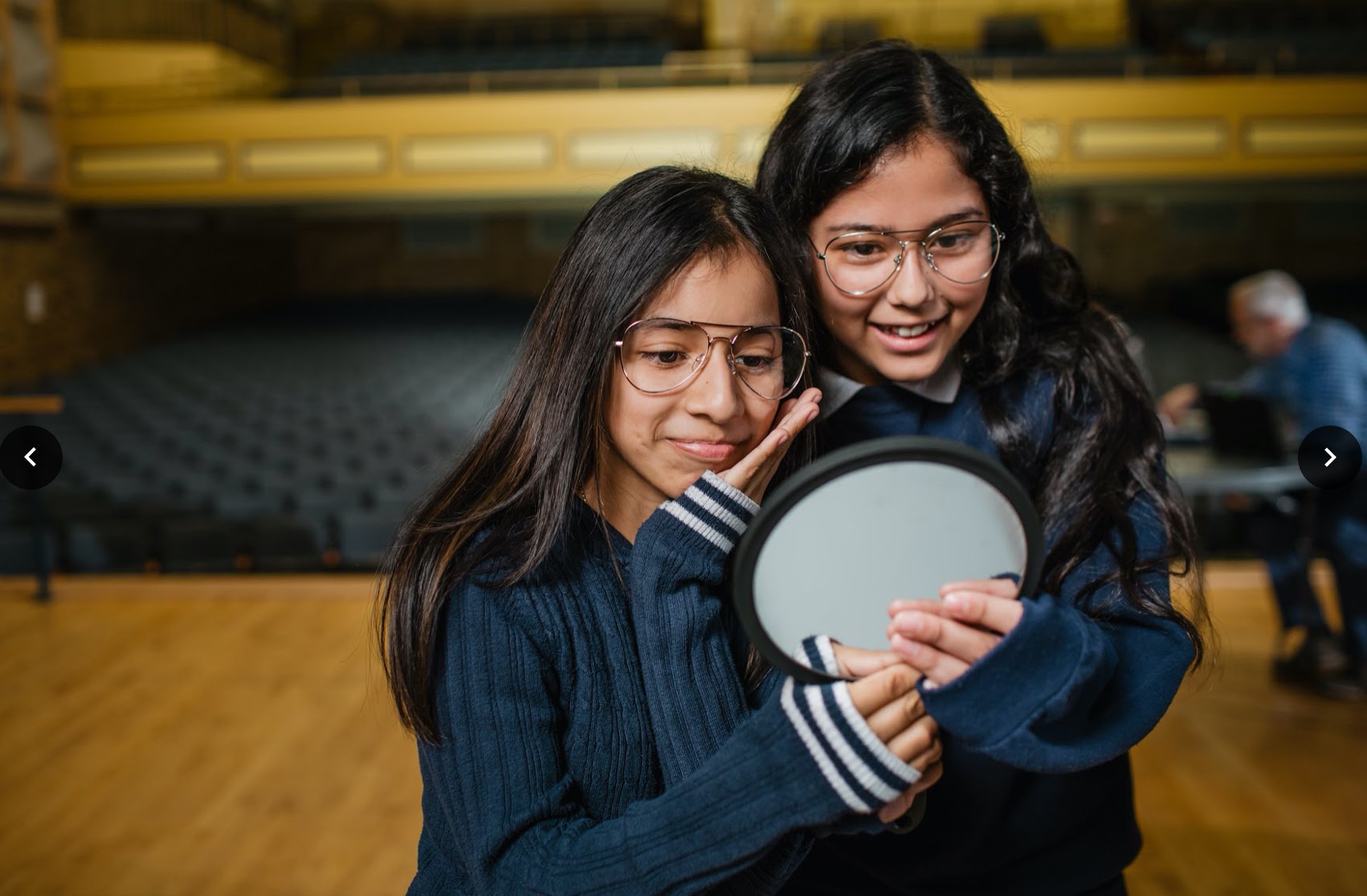
“Our programs prioritize preventing and treating vision loss and blindness.”
How has Helen Keller International improved or evolved over time?
Since we were founded in 1915, our work has evolved from providing assistance to soldiers blinded during their service in World War I. Today, our programs prioritize preventing and treating vision loss and blindness—as well as addressing major global health problems such as malnutrition and neglected diseases that threaten sight, productivity, and well-being.
Guided by Helen’s vision and optimism, we believe it is possible to eliminate preventable blindness, malnutrition, and neglected tropical diseases and improve the health and well-being of millions of children and vulnerable families.
“Helen Keller was one of our most indelible examples of the power of the human spirit to overcome hardship.”

Helen Keller Fast Facts
What do you personally spend most of your time doing for Helen Keller International?
As President and CEO, I oversee organizational strategy and impact, and I work to ensure that the organization has the resources and vision it requires to deliver life-changing health solutions to vulnerable families in the US, Africa, and Asia.
I work closely with the Board of Trustees, global leaders in public health, staff members, partner organizations, and supporters to highlight the need for life-changing health solutions in our countries of operation—and to provide the best possible staff, resources, and programs to meet that need. My work involves business development, managing our executive team and senior staff, advocacy and representation at major global health conferences and other relevant fora – in short, ensuring that Helen Keller International remains a thriving, impactful global health organization now and in the future.
“HKI’s ChildSight program makes vision screenings and prescription eyeglasses accessible to Vietnamese schoolchildren who couldn’t otherwise afford them. Meet a few of the kids who have benefitted.”
What inspires you about Helen Keller International?
Helen Keller, our co-founder, was one of our country’s most heroic trailblazers for vulnerable people. I am enormously inspired by Helen’s example and her story, especially her fierce optimism in the face of so many obstacles and her unflagging compassion, courage, and determination to help the world’s underserved. Every day, I strive to continue her work and ensure that vulnerable families are empowered to reach their potential and create opportunities for change in their communities.
One program that particularly inspires me is our work in vitamin A supplementation. This powerhouse vitamin is necessary for both good eyesight and for health for young children, as it boosts immune system function. Without sufficient vitamin A, children who become ill with something as common as a cold or diarrhea are at much greater risk for dying because their immune systems are not strong enough to fight them. To be on the ground in Africa with Helen Keller teams as community health workers distribute the vitamin A capsules, knowing that these supplements will help to save the sight and the lives of children, is the most wonderful feeling in the world.
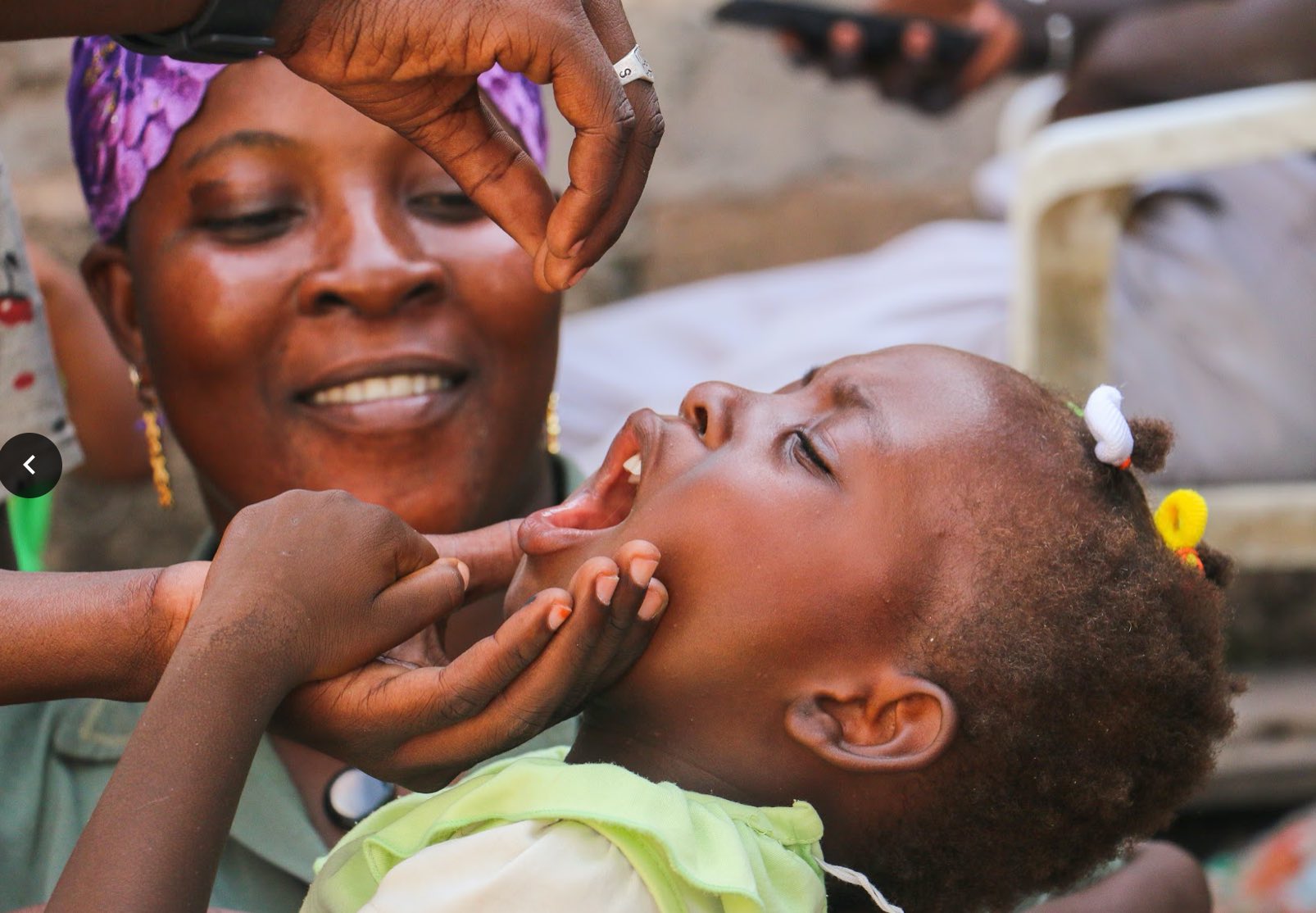
Vitamin A is a “powerhouse” that is necessary for good vision and also promotes a healthy immune system.
Can you share a personal story about how you’ve seen HKI making a difference for people?
Making a difference is about actual human beings. Every single data point is the story of a real person and her struggle to overcome barriers that deprive her of basic opportunities and quality of life. A person like Mala Chaudhary in Nepal, where I traveled recently to see our programs. I was honored to meet many mothers like Mala on that visit.
Mala is the young mother of a 10-month-old baby girl. Where she lives, more than three out of every ten children under five are malnourished. Mala participated in our mothers’ group meetings during her pregnancy, and after her daughter’s birth. She still attends every month. She has learned about:
- the importance of breastfeeding her newborn
- how to prepare nutritious food like eggs, bananas, and porridge for her daughter when she reached six months of age
- the importance of washing her hands before preparing food and before touching her child.
- how to prevent waterborne illnesses that can cause malnutrition in young children by, for example, boiling water from the local well.
Today, Mala has a healthy, happy and well-nourished child. Now, Mala uses what she has learned to teach other mothers in her community.
Mala’s passion to learn and teach comes from a deep determination to give her daughter a better life—and to ensure that no more children in her community are robbed of their lives and futures because of malnutrition
I know our work has made a difference when I meet mothers like Mala. She told us, “My wish is that my daughter becomes a nurse. She can serve the community, and she can also teach [others]. Together, we can save a lot of children from malnutrition.” She is turning what was a difficulty into an opportunity, just as Helen Keller did.
What are some of your Helen Keller International’s goals for the future?
We have so many! To name a few, here in the United States, we aim to provide vision care to more than double the number of people than we are currently reaching, and we’d like to expand our US vision program to underserved, urban communities in 25 cities by 2025.
In Africa, we are on the verge of declaring the country of Mali free of blinding trachoma, and we anticipate that our programs will contribute to other countries’ progress toward this milestone as well over the next 5 years. In Asia, we want to reach tens of thousands more families with our “agriculture for nutrition” homestead farm program, which increases availability and consumption of nutritious foods and provides vital education and training on nutrition, hygiene and health.
Across all our programs and countries where we work, our goal is to ensure that vulnerable families have access to life-changing health solutions to empower them to reach their full potential and lead rewarding, productive lives.
RELATED: SurvivorNet’s Steve Alperin Turns a Personal Tragedy into a Valuable Cancer Resource

Helen Keller Fast Facts
At the age of 75 Hellen Keller received an Oscar for a documentary film, The Unconquered, depicting her life’s story. And 9 years later President Lyndon B. Johnson bestowed upon her the Presidential Medal of Freedom award.
How can people get involved and lend a hand?
There are huge opportunities in research to improve upon current approaches to global health, and to learn what kinds of strategies work best within different cultures and contexts to meet the needs of the populations we aim to serve. We know that there are no “one size fits all” solutions. Our research helps us learn how best to communicate and motivate change to improve health in societies steeped in centuries-old traditions and practices.
We are also excited about advancements we are making to empower communities, particularly women, to become agents of change in health and nutrition. Readers can get involved by joining our email list to receive our latest news, or by becoming a member of our social media network on Twitter and Facebook. Of course, the most impactful way that people can get involved is by spreading the word about Helen Keller International and our work—and becoming ambassadors and donors. Our work is made possible by our generous supporters and their commitment to our work. They are our partners in continuing Helen Keller’s work into the future.
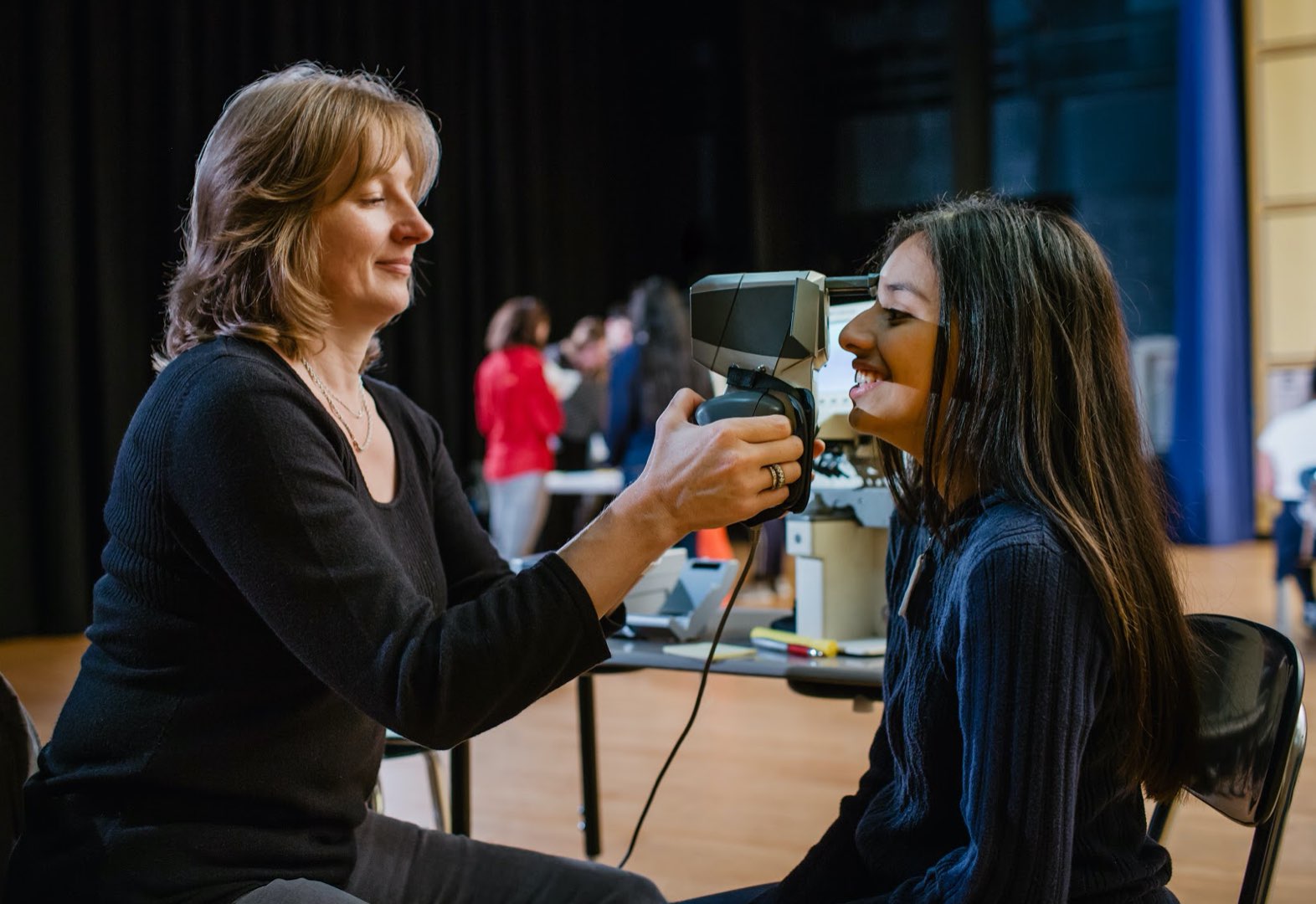
“People respect and admire our co-founder, Helen Keller, but they often know little about our mission and our programs.”
Is there anything that you wish more people knew about Helen Keller International?
Sometimes, we are called the “best kept secret in international development.” People respect and admire our co-founder, Helen Keller, but they often know little about our mission and our programs. I wish more people knew that what we do works. Solving some of the major global health challenges we address—such as preventable blindness, malnutrition, and neglected diseases—is possible in our lifetimes. We know what works, but we struggle to deliver solutions to enough people in the right place at the right time. With greater public support and funding, we could transform lives on a much bigger scale.
It’s possible to eliminate preventable blindness and vision loss, malnutrition, and neglected diseases. We are seeing this happen in our lifetimes, as a desperately poor country such as Mali gets ready to declare elimination of trachoma as a centuries-old, blinding disease in 2020, and as the number of children dying from preventable and treatable diseases has been reduced by more than half over the past three decades.
RELATED: Her Heart is Big. Her Compassion Bigger. Meet Everyday Hero Marianne Muellerleile, Heifer International’s Top Volunteer Fundraiser

Helen Keller Fast Facts
As Helen Keller said, “If we look at our difficulties bravely, they will present themselves to us as opportunities.”
That is the optimism of Helen Keller and of the organization that is proud to bear her name. We know these problems are surmountable. We know what must be done. Success is indeed within reach, if we all join together to take action.
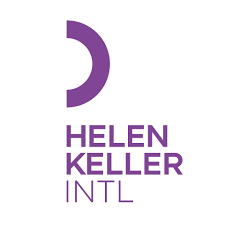
Helen Keller International
A world without barriers to sight, health, and human potential.
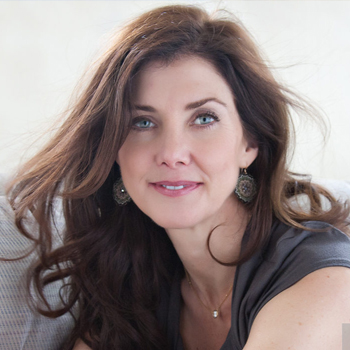
By JEAN TREBEK
Jean is a Professional Religious Science Practitioner, Reiki Master and Sound Healer. She grew up on Long Island, NY, and now lives in Los Angeles. She has two wonderful adult children, Matthew and Emily, with her beloved late husband, Alex. Jean enjoys taking long walks, watching movies, and traveling. She is very grateful for her family, friends, Luna (the dog) and good coffee.
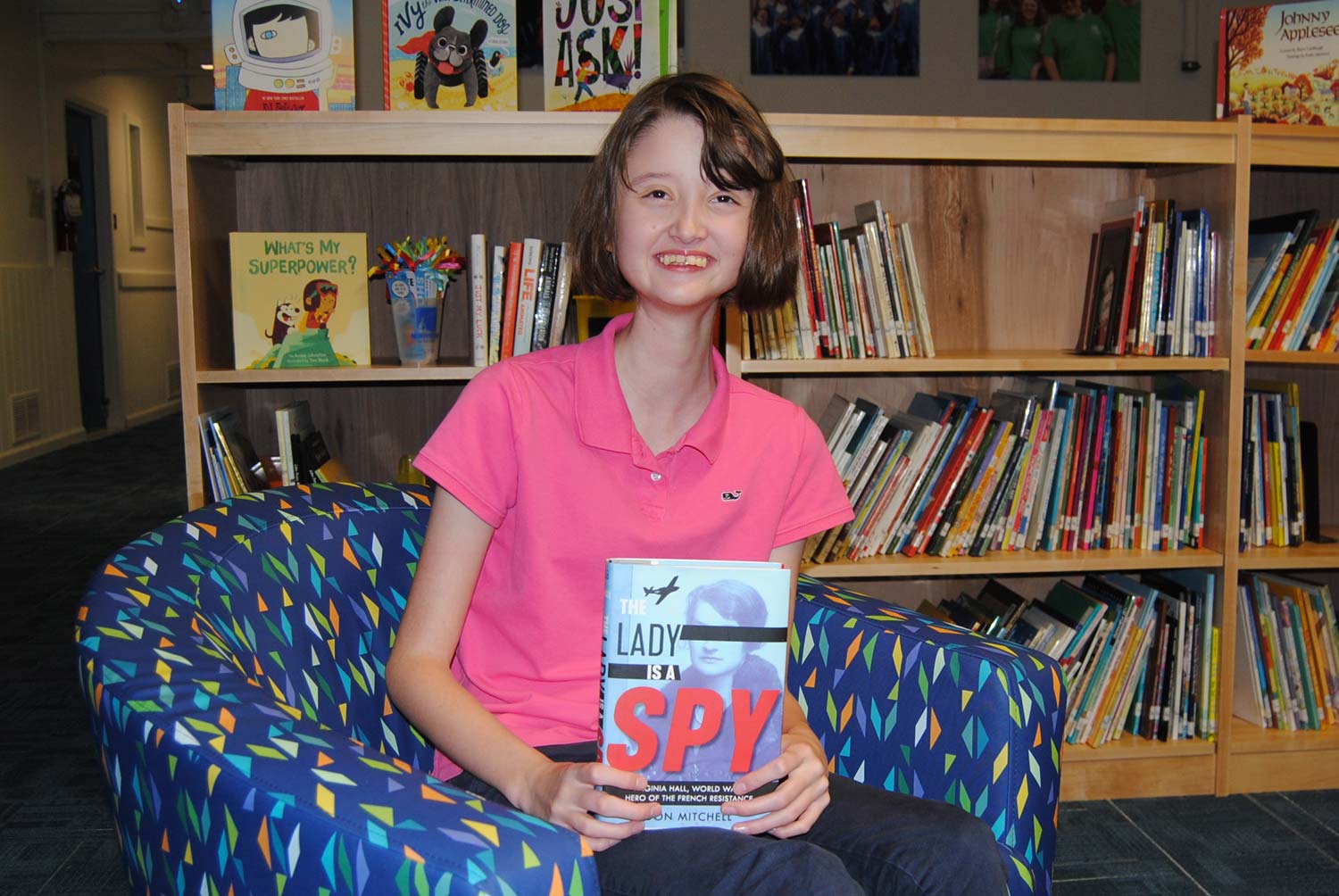
RELATED
Brennan’s Dicovering Abilities Libary
One of the best things in the world is the knowledge that you are not alone— knowing that someone like you has been able to get through challenges and achieve a greater good.
Connect With Us on Social Media!
RECENT FAVES
Tips for Hitting the Road with Your Furry Friends
Part 1 of Kathlene McGovern’s 2 part series on the best and safest ways to travel with your furry friends!
I’m Just Curious
Dove Rose give us ideas on how to stay curious! Keep it Fresh in the Kitchen, on the Drive and in your Life. New ideas to keep our mind alive!
Living Unhoused for a Week: Ken Craft Takes to the Streets
Ken Craft of Hope of the Valley lives unhoused on the streets of the San Fernando Valley for 100 hours and shares the challenges, insights and struggles he faced on this journey.

